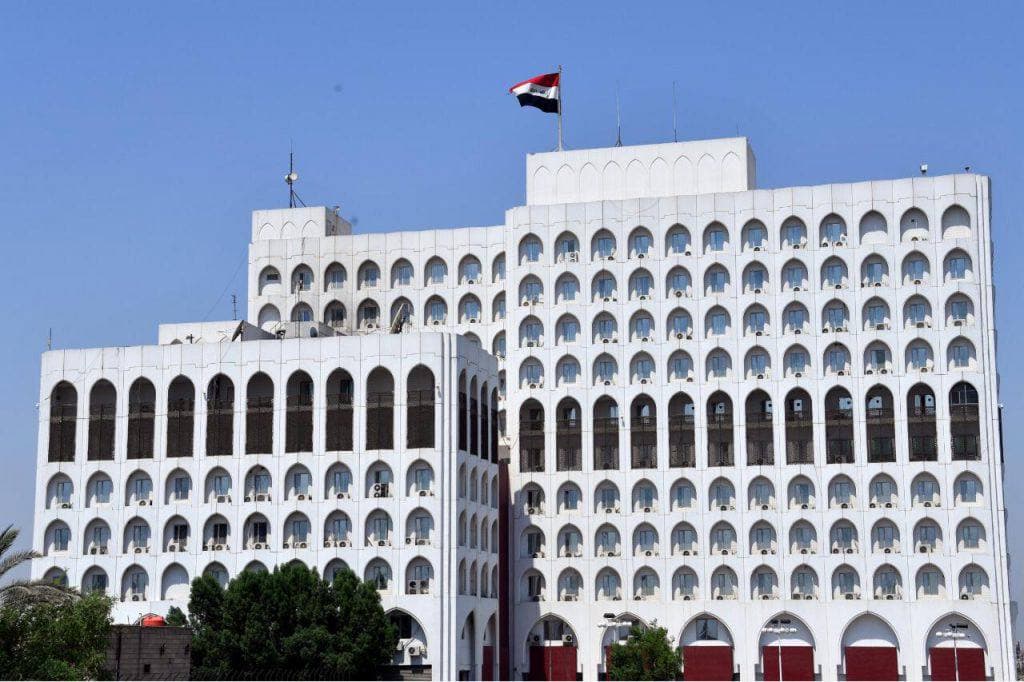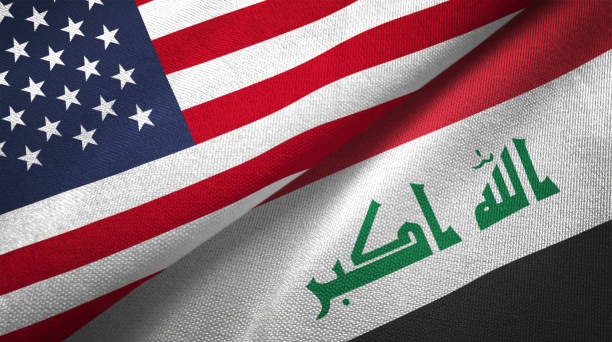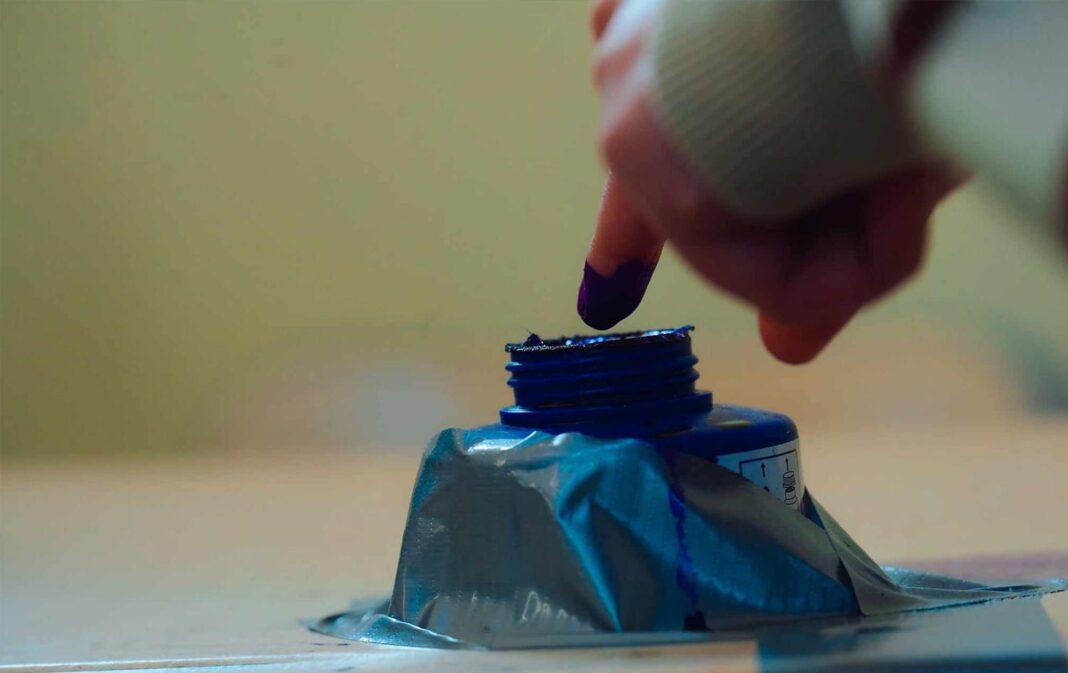Key diplomatic appointments are at the center of a growing political and legal debate in Iraq. On Sunday, President Abdul Latif Jamal Rashid ratified the appointment of 86 new ambassadors. This decision came even as the Federal Supreme Court continued reviewing legal challenges to the government’s nomination process.
According to a statement from the presidency, Rashid signed a decree finalizing the first batch of ambassadors. However, procedures for a second group remain under evaluation by oversight authorities. This partial approval has only added to the ongoing controversy.
On the same day, the Federal Supreme Court held a session to examine several lawsuits against the nominations. These cases question whether the government’s process followed constitutional and legal standards. Attorney Shawkat Sami al-Samarraie, who represents the plaintiffs, revealed that the court reviewed fresh evidence. The documents relate to the internal committee that created the ambassadorial list and the cabinet’s recommendations sent to parliament.
In a recorded statement, al-Samarraie noted that the court needs more time to analyze the evidence. Therefore, the case was postponed until September 21 for further review. This delay keeps the diplomatic appointments in a legal limbo.
The controversy first emerged after parliament approved the ambassador list on August 26. Lawmakers quickly raised objections following the vote. Several MPs claimed they were not given access to the candidates’ résumés before the vote. Some also argued that the parliamentary session lacked the necessary quorum.
As tensions rise, government officials defend the nominations as part of broader foreign policy reforms. Still, critics insist that transparency and legality must come first. The debate continues to dominate political discussions in Baghdad and beyond.
These key diplomatic appointments have sparked not just legal action, but also concern among international partners. Iraq’s embassies play a vital role in shaping global relationships. Therefore, every nomination carries weight, both politically and diplomatically.
Until the court issues a ruling, these key diplomatic appointments remain uncertain. The outcome could influence how Iraq handles future high-level nominations.



